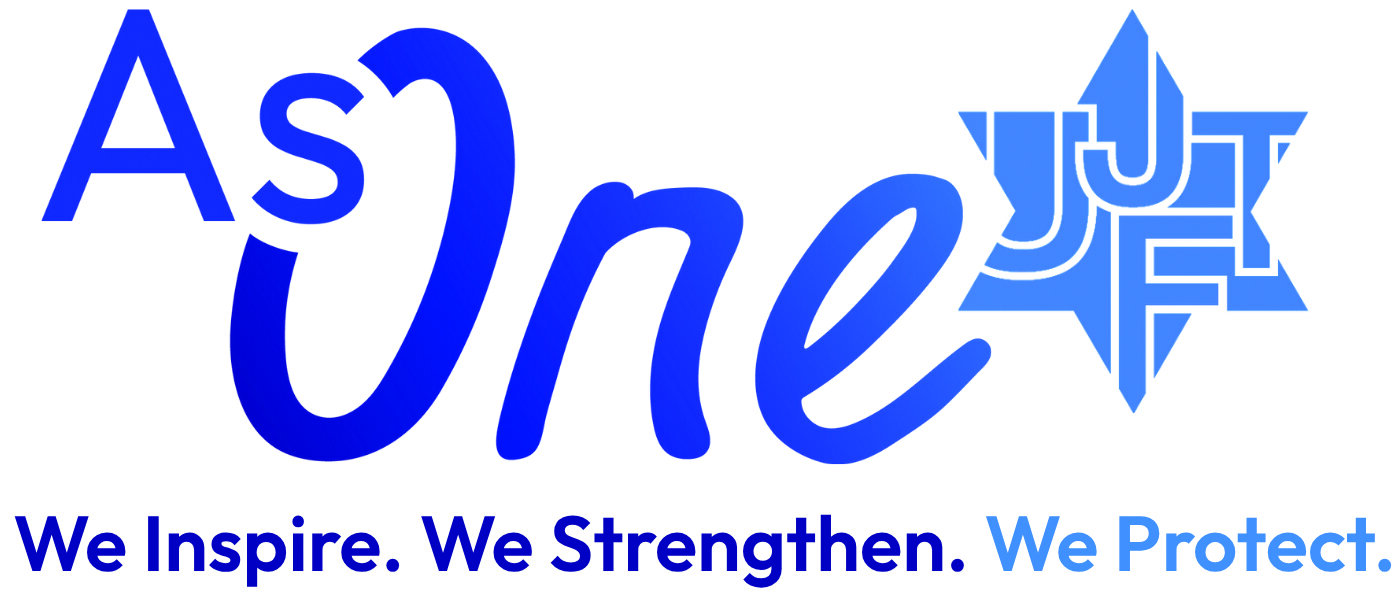For decades, Super Sunday has been a flagship event in the lifecycle of United Jewish Federation of Tidewater’s community campaign. It’s been a day of community mobilization – bringing volunteers together in a room buzzing with energy, armed with phones, stacks of pledge cards, and the shared mission of raising vital funds for Jewish life locally and abroad.
But when the world changed, so did Jewish Tidewater.
In response to shifting realities, the Super Sunday community phonathon made a bold transition from live and in-person to hybrid and virtual. UJFT is trying something new this year – a completely virtual event using various communication platforms to reach donors.
What began as a necessary pivot during the pandemic has evolved into a powerful new model for engagement, connection, and fundraising. So much has been learned in the past few years as tools and technologies have evolved – allowing for new and creative methods.
Why the change?
Like many legacy events, Super Sunday has faced some hurdles in a post-pandemic world: health concerns, scheduling conflicts, and a broader cultural shift toward remote and hybrid gatherings. Rather than seeing these as obstacles, leadership and staff saw them as opportunities.”
“We didn’t want to lose the spirit of Super Sunday,” says Jason Hoffman, UJFT Campaign chair. “So, we asked ourselves: How can we preserve the energy, the impact, and the sense of community, while also meeting people where they are?”
The virtual solution
Enter virtual Super Sunday: a new way of reaching current and prospective donors. Volunteers can now join from their homes, making calls or sending texts to their assigned prospects. And instead of a one-day blitz, Super Sunday is expanded into a full “Super Week” of flexible calling, texting, and even a good old fashioned direct mail campaign. The aim is to be more inclusive and more impactful – to reach even more members of Tidewater’s amazing Jewish community than in the past.
Looking ahead
This is a new way of doing things. And while elements of an in-person Super Sunday may return in the future, this year should offer many lessons on the best and most effective ways to reach donors.
A look at other Federations and non-profits around the country suggests that this may well be the future of community engagement—hybrid, flexible, and inclusive. Walls are now optional.
Keep those cell phones close on Sunday, September 14 and in the days leading up to it. Donors may receive a call from an assigned solicitor or another volunteer… maybe there will be a text message with a short video and link to donate a 2026 campaign gift. Check mailboxes in the days leading up to Super Sunday for a letter requesting gifts also be made in a more traditional way.
No matter how one is asked, the community hopes people will support the Tidewater and global Jewish community with a gift that touches many, many lives. Super Sunday may look different today, but its heart remains the same: a community coming together, one call at a time, to strengthen Jewish life for generations to come.
Amy Zelenka is United Jewish Federation of Tidewater’s chief development officer.

